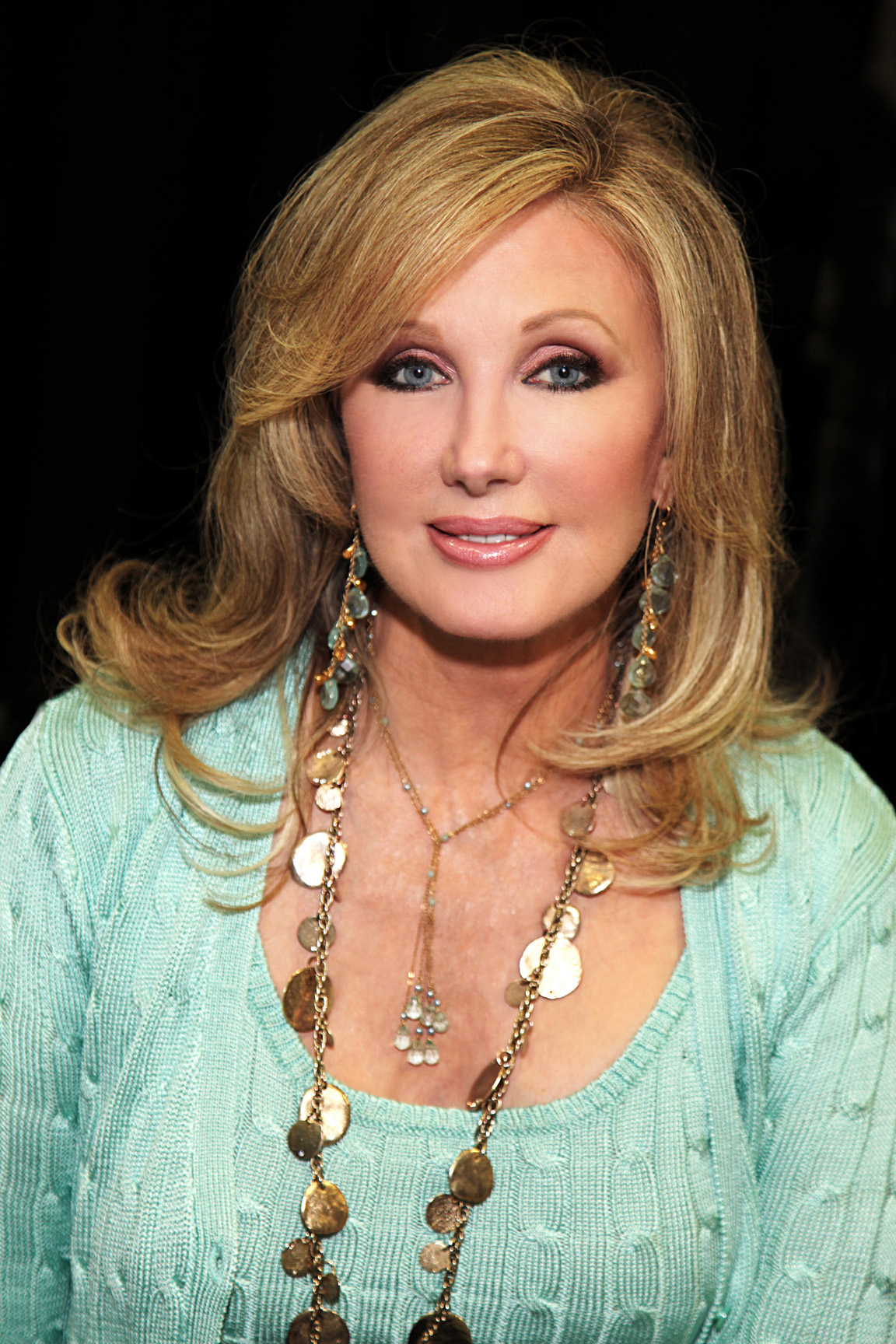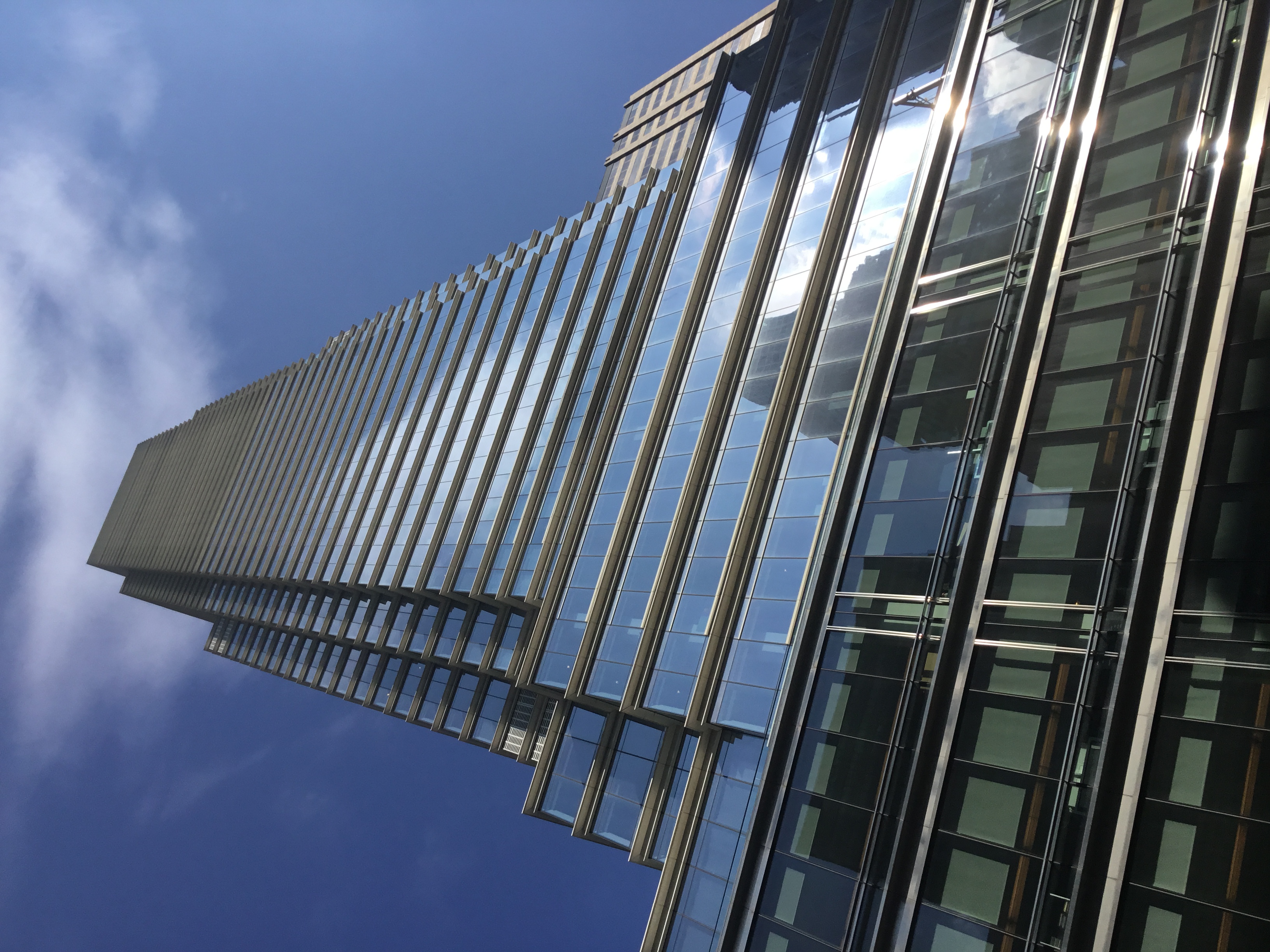The Guardian
Explore the rich history of The Guardian through a detailed timeline of key events and milestones. From its founding in 1821 to becoming a leading global news source, discover The Guardian’s evolution over the years.
The Guardian Founded
The Manchester Guardian was founded by John Edward Taylor in Manchester, England on May 5, 1821. Established in the wake of the Peterloo Massacre, it was intended as a weekly publication aligning with liberal political causes, promoting individual rights and freedoms. The Guardian has since evolved into a major national newspaper, renowned for its investigative journalism, expansive coverage, and commitment to editorial independence.
The Guardian Rebrands and Moves to London
On August 24, 1959, The Manchester Guardian rebranded itself simply as The Guardian and moved its headquarters from Manchester to London. This change was a strategic shift to extend its national influence and broaden its readership. The newspaper sought to appeal to a wider audience while maintaining its core values of providing in-depth journalism and analysis. This transition marked a significant evolution in the newspaper’s history.
Launch of The Guardian's Weekend Supplement
In 1983, The Guardian launched its Weekend supplement, a significant addition to the paper's publication. This supplement offered readers more extensive features, including lifestyle articles, in-depth reviews, and cultural commentary. It quickly became a popular feature among readers, extending the paper's reach and allowing it to explore a wider range of topics beyond traditional news, making it a staple for more leisurely weekend reading.
Launch of The Guardian Unlimited Website
The Guardian launched its online presence through The Guardian Unlimited website on September 6, 1999. This represented a significant leap into the digital space, making its content available to a global audience. The site quickly became one of the leading news portals on the internet, offering not only articles from the print edition but also exclusive online content. This transition was pivotal in modernizing the paper to adapt to the burgeoning digital era.
The Guardian's Role in the News of the World Phone Hacking Scandal
In July 2011, The Guardian played a central role in exposing the News of the World phone hacking scandal. Through investigative journalism led by reporter Nick Davies, The Guardian revealed that journalists at the News of the World had engaged in phone hacking, including hacking the voicemail of murdered schoolgirl Milly Dowler. These revelations resulted in public outrage, the closure of the newspaper, and widespread calls for reform in media ethics.
The Guardian Breaks the NSA Surveillance Story
On June 5, 2013, The Guardian published the first of a series of revelations regarding mass surveillance programs operated by the NSA and GCHQ, based on documents leaked by former NSA contractor Edward Snowden. The articles, authored by journalists Glenn Greenwald and Laura Poitras, highlighted concerns over privacy, leading to a global debate about government surveillance, privacy rights, and national security. The coverage earned The Guardian a Pulitzer Prize.
The Guardian Wins Pulitzer Prize for Public Service
In 2014, The Guardian was awarded the Pulitzer Prize for Public Service for its groundbreaking coverage of the NSA surveillance revelations, published in partnership with The Washington Post. The reporting provided insight into governmental practices and sparked a global debate about privacy and security, underscoring the essential role of investigative journalism in holding power to account. This achievement highlighted The Guardian's commitment to public interest journalism.
The Guardian Announces End to Upfront Fees for Freelancers
On June 15, 2015, The Guardian announced it would stop demanding upfront fees from freelancers as part of its payment policy reform. This move came amid growing pressure from freelance writers and industry advocates, who argued that the policy was exploitative and deterred diverse voices from contributing. The change was part of a broader initiative to ensure fair treatment and sustainable income for freelance journalists, enhancing The Guardian’s reputation as a fair employer.
Redesign and New Branding for The Guardian
In June 2018, The Guardian underwent a significant redesign, transitioning from a Berliner format to a tabloid layout to cut costs and adapt to changing reader habits. The redesign was accompanied by a modernized logo and font, as well as new content strategies aimed at engaging audiences across print and digital platforms. This relaunch was part of The Guardian's broader efforts to remain competitive and financially stable in a rapidly evolving media landscape.
The Guardian Celebrates 200th Anniversary
On May 5, 2021, The Guardian celebrated its 200th anniversary. Established in 1821, the newspaper marked two centuries of journalism with a special edition that included reflections on its storied history and impact on journalism. The milestone highlighted The Guardian's evolution from a regional paper to a globally recognized media brand, maintaining its commitment to impartial reporting, progressive values, and addressing global issues. The anniversary was celebrated with a series of events and retrospectives.
Frequently asked questions about The Guardian
Discover commonly asked questions regarding The Guardian. If there are any questions we may have overlooked, please let us know.
What significant editorial change occurred in 'The Guardian' in 1959?
What is 'The Guardian'?
What format does 'The Guardian' currently use for its print edition?
When was 'The Guardian' established?
Related timelines
More timelines connected to The Guardian







